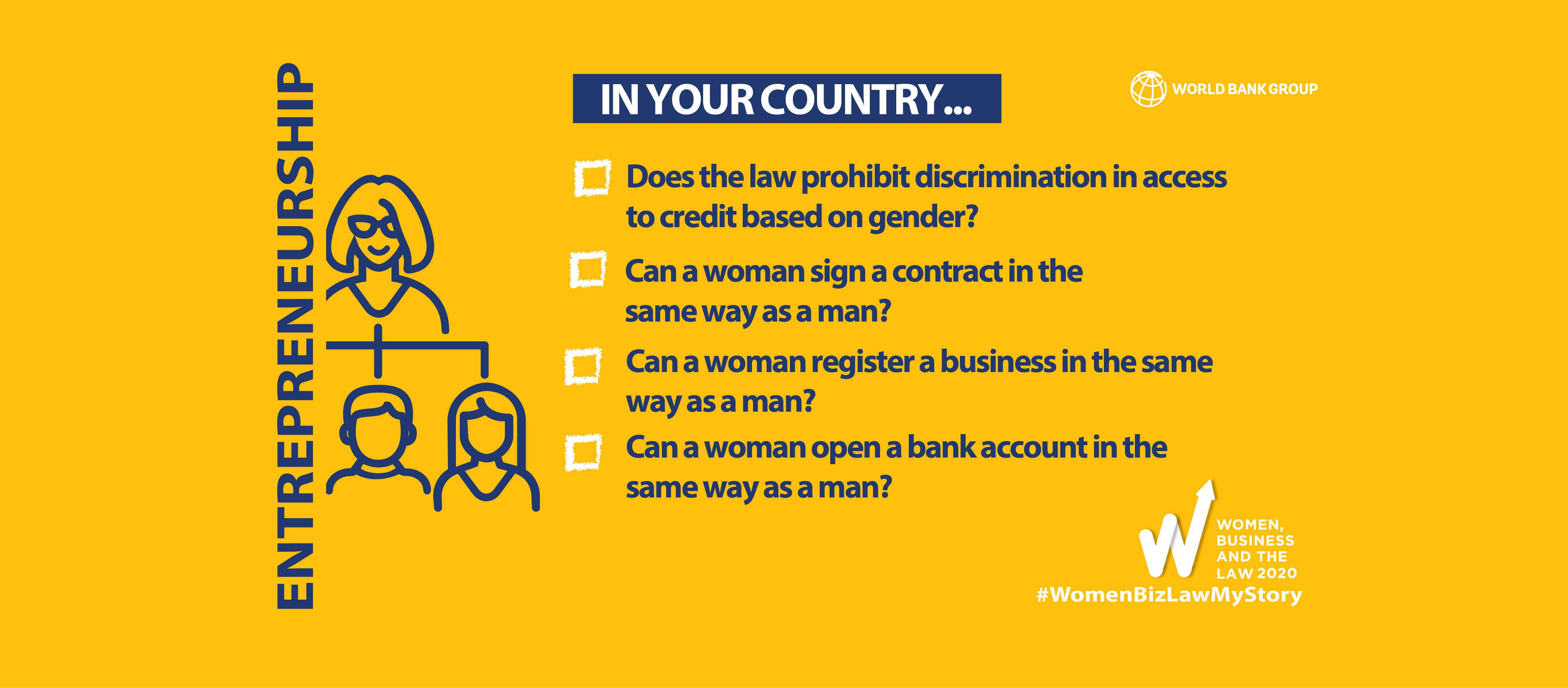 Entrepreneurship indicator
Entrepreneurship indicator
A heated exchange takes place between two of the main characters in the 2019 film adaption of Little Women. Theodore “Laurie” Laurence tries to convince his love interest, Amy March, not to marry the much wealthier Fred Vaughan. For him, marriage is a question of love. For her, it is purely economic.
“I’m not a poet,” she says. “I’m just a woman. And as a woman, there is no way for me to make my own money. If I had my own money – which I don’t – that money would belong to my husband the moment we got married. So don’t sit there and tell me that marriage isn’t an economic proposition, because it is. It may not be for you, but it most certainly is for me.”
Why does Amy feel this way? Both the movie, and the book upon which it is based, take place in 1868. At the time, the common law concept of coverture determined that when she got married, a woman lost her legal rights to sign a contract and own property. The husband fully assumed, i.e. “covered,” her legal existence. This concept is not unique to common law. The French Code Napoleon of 1804 similarly contained the concept of “marital power,” under which a married woman needed the consent of her husband to sign a legally binding contract. The Spanish Civil Code also explicitly listed married women as legal minors.
It was only with the enactment of the Married Women’s Property Act of 1882 that married women in the United Kingdom saw a restoration of their rights. They were now allowed to contract as if they were “feme sole” – single women. By 1938, France had also begun removing marital power restrictions. Spain gave married women legal capacity in 1975; Portugal soon followed suit in 1977. Many of their former colonies were using the original codes verbatim, and restrictions on women’s rights remained on the books until much later. By 2020, however, only two economies measured by Women, Business and the Law restrict women’s capacity to sign a legally binding contract: Equatorial Guinea, which relies on a 1960 version of the Spanish civil code that still contains this inequality; and Eswatini, which codified the customary concept of the husband’s marital power and regards married women as legal minors.
Even though they may no longer be the law of the land, these legal restrictions on women’s entrepreneurship have had lasting impacts. Starting a business requires capital: the fact that legal constraints on women’s property have only recently been removed helps explain why women face more obstacles than men in accumulating it. Limited property means limited access to collateral that may be required as a guarantee, for example, when applying for a business loan. By one estimate, women only control 25 to 30 percent of the world's wealth. One way to overcome such inequalities is the introduction of legislation that prohibits nondiscrimination in access to credit. According to Women, Business and the Law 2020, just 75 economies have such laws.
The movie has a happy ending: Amy and Laurie get married out of love (and lucky for her, he is also quite wealthy). But what kind of ending would Hollywood present us with had the book been written just a few years later? It is safe to assume that in the dream factory, questions of love would trump those of economics. Fortunately for Amy, her economic rights would also be better protected.



Join the Conversation
Am a retired lecturer from Kenyatta University committed to promote community development on limited level